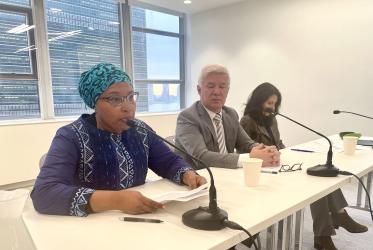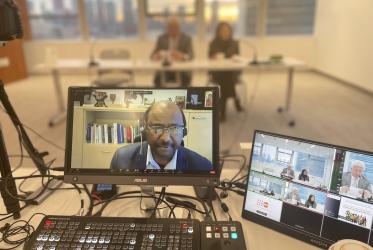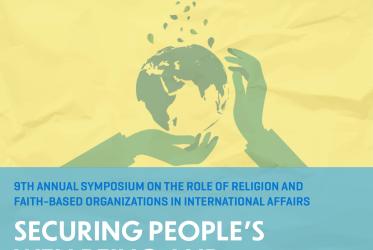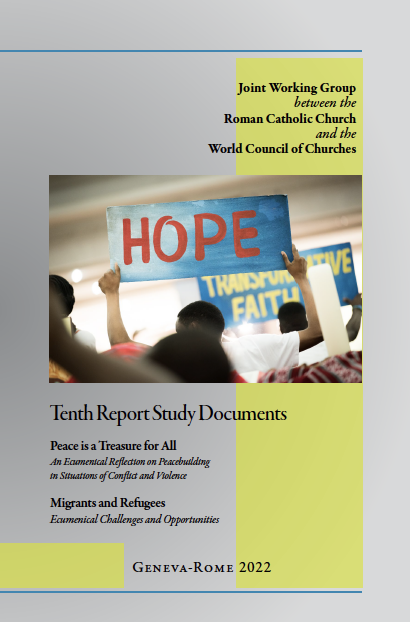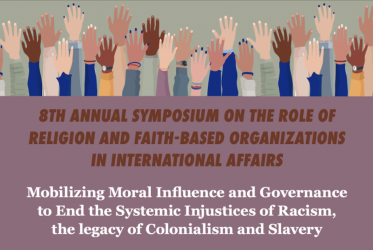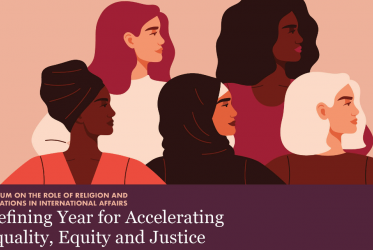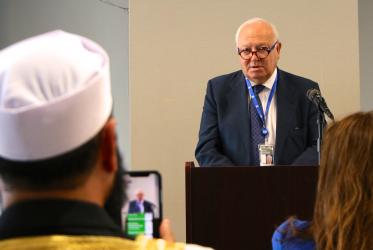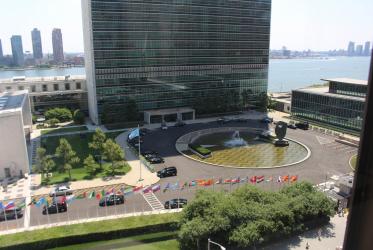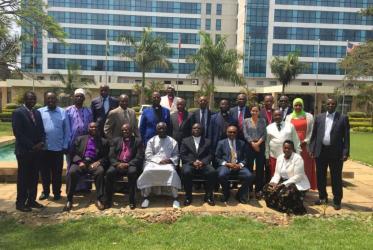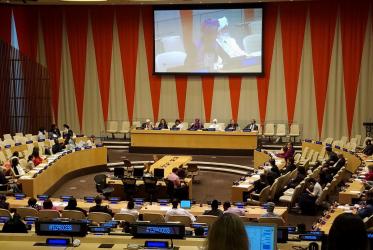Displaying 1 - 20 of 60
9th Annual Symposium on the Role of Religion and Faith-Based Organizations in International Affairs
24 January 2023
Online event
Tenth Report Study Documents
19 August 2022
How racism and colonialism are exacerbating impacts of climate change
29 September 2021
Worshipping safely: UN, faith communities unite to prevent violence
20 September 2019
WCC to co-host public event on migration and displacement at UN
17 January 2018
Roman Catholic-WCC group focuses on peace-building, migration
19 September 2017
